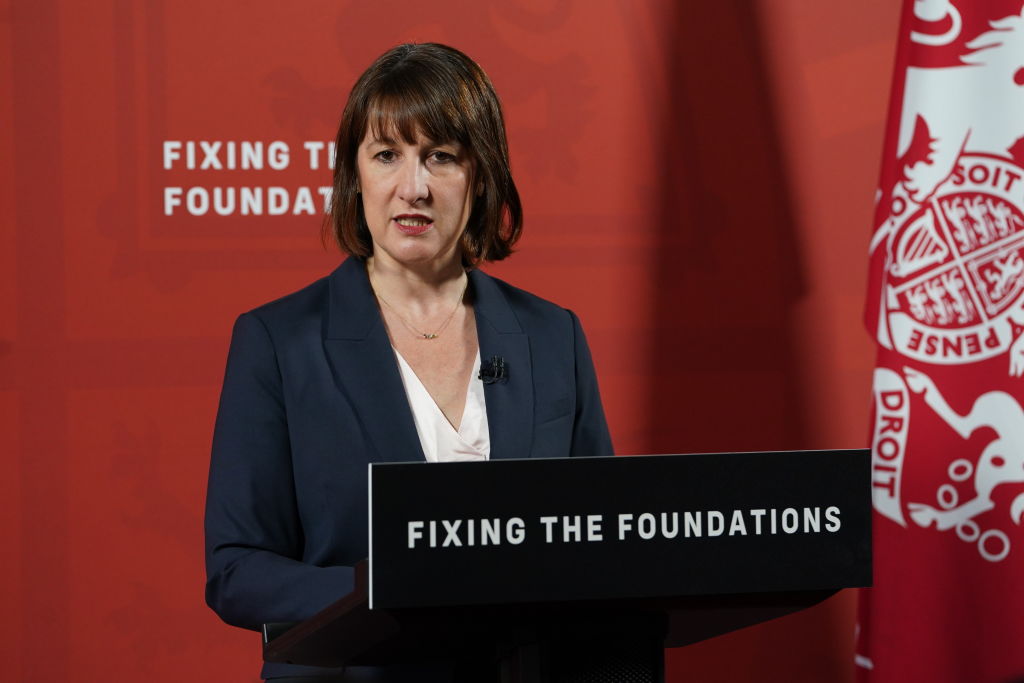A backlash has been steadily growing since Rachel Reeves announced the scrapping of the winter fuel allowance a fortnight ago. Currently, all 11.4 million pensioners receive an extra £200 to help heat their homes every winter, with those over 80 receiving a blanket £300 payment. Under Reeves’ plans, only those receiving pension credit or other means-tested benefits will be eligible for the additional support. It is aimed at saving £1.4 billion for the Treasury’s coffers as part of Labour’s attempts to fill the supposed £21.9 billion ‘black hole’ left by the Sunak government.
There is certainly a strong case for asking whether the payments should exist in their current form. The introduction of the winter fuel allowance by Gordon Brown in 1997 was before the triple lock, the era of low interest rates and the asset boom of the past twenty years. Back then, pensioner income was 30 per cent lower than that of workers; now it is closer to 10 per cent. One in four is now regarded as a millionaire, thanks to a near-quadrupling over the past decade.
Reeves is asking for pensioners to take less from the state, while giving certain sectors more
But in politics, juxtaposition can kill you. Reeves is asking for pensioners to take less from the state, while giving certain sectors more. Train drivers have been given a rise of 14 per cent over three years; junior doctors offered a 22 per cent increase over two years. Both Louise Haigh, the Transport Secretary, and Wes Streeting, the Health Minister, have said they are ‘delighted’ with the settlements. The risk for Labour is the impression that ministers are happy to talk of selflessness and sacrifice while rewarding voters and unions who comprise their base.
Unsurprisingly, the move has found little favour among the nearly 10 million pensioners who will be left worse off by this change. Mindful of their aging voter base, the Tories have now jumped on the story. All six leadership contenders today are urging Reeves to U-turn, with Priti Patel dubbing the move ‘shameless and cruel’. James Cleverly suggests the Chancellor has no ‘democratic mandate’ for ‘a change like this’ while Robert Jenrick accuses Labour of ‘breathtaking hypocrisy’ given Starmer’s comments in opposition. The Liberal Democrats are against it too, with Ed Davey branding the move ‘crazy’ and ‘very ill-advised’.
Polling on the issue is split but there are warning signs for the government. Half of Fleet Street has now rowed in, pointing out that MPs can put their office heating bills on expenses. Martin Lewis, that scourge of successive Treasury ministers, says the benefit is ‘being squeezed to too narrow a group’ with ‘those just above the thresholds’ being ‘hardest hit’. Several Labour MPs admit they are surprised at the volume of correspondence triggered by the move. It has prompted speculation that Reeves will return to the issue in her first Budget on 30 October.
The row over winter fuel payments therefore offers us a good test of Reeves’ mettle. Voters often forget tax rises which take place at the beginning of a parliament: George Osborne’s 2010 VAT hike being no barrier to a Tory triumph five years later. But removing tangible benefits from a politically switched-on group may prove more problematic than Reeves and her team first imagined.







Comments